Replace Battery in SP-Series Solar Power Pack
The SLA battery in the SP-series solar power packs require replacement in the event of failure, moisture intrusion, or every 3-5 years at a minimum. Use a NexSens A04 or equivalent size 12V SLA battery.
Remove the Old Battery
- Remove the solar pack from its mounting location and place it on a flat work surface. Typically, the easiest means of removing the solar pack is to remove both screws from the angle adjustment bracket using a 3/16″ hex driver.
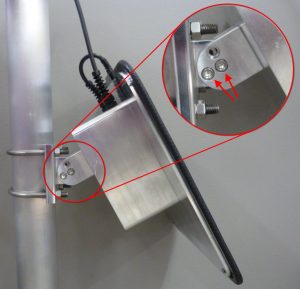
Figure 1: The angle adjustment screws are connected to the pole mount bracket.
- Loosen the four screws securing the battery housing to the panel mount using the same 3/16″ hex driver.
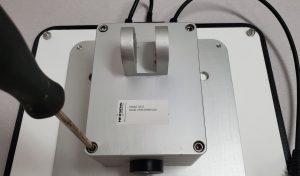
Figure 2: Loosen enclosure bolts using 3/16″ hex driver.
- Carefully lift up on the enclosure and set the housing to the side. Avoid placing tension on the connected solar panel cable when moving the enclosure.
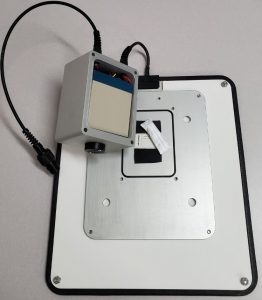
Figure 3: Carefully invert enclosure to access battery and solar regulator assembly.
- Remove the old battery from the enclosure and disconnect the negative and positive cable leads.
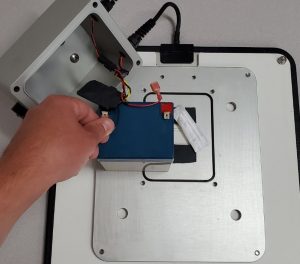
Figure 4: Remove old battery.
Install a New Battery
- Connect the leads to the new battery and carefully place it back inside the housing. Ensure none of the cabling is pinched.
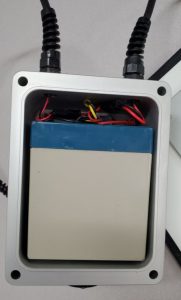
Figure 5: Install new battery, avoiding pinching of cables between the battery and housing.
- Replace the small bag of desiccant in the enclosure.
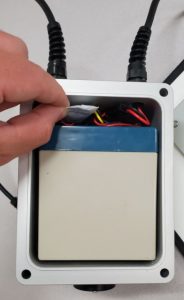
Figure 6: Replace desiccant bag.
- Verify the panel bracket’s O-ring is free from debris and damage. Be sure to seat it properly in the groove.
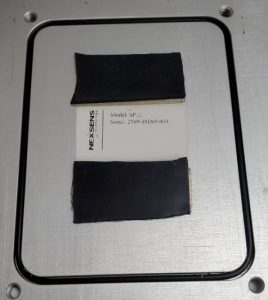
Figure 7: Verify panel bracket O-ring alignment before closing.
- Realign the battery enclosure with the solar panel mount and tighten down the four screws evenly using a 3/16″ hex driver.
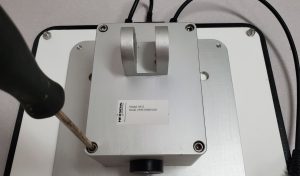
Figure 8: Tighten enclosure screws using 3/16″ hex driver.
- Check the pack voltage again to verify proper connection of the new battery.
- Place the pack outdoors exposed to sunlight for a couple of hours. Compare the starting and ending voltages afterwards to confirm the system is charging properly.
